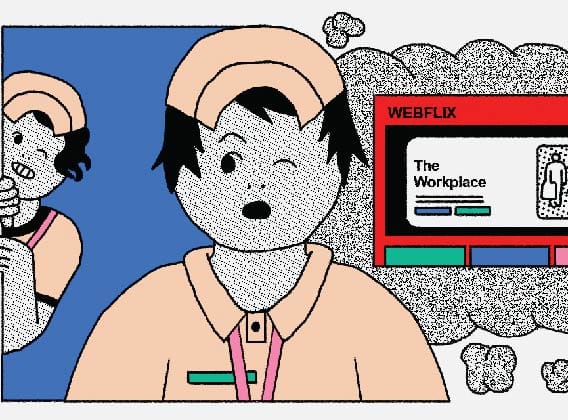C.H.10: Assess the relationship between personal behavior and employability (e.g., academic achievement, industry certifications, extracurricular activities, community involvement, driving record, impact of online behavior).
C.H.11: Identify and follow agreed-upon work skills (e.g., attendance, respect, preparedness, quality of work, time-management) that are necessary for both the classroom and workplace.
ES.H.11: Demonstrate consistent punctuality in a variety of activities.
ES.H.17.a: Work with peers to set rules for collegial discussions and decision-making (e.g., informal consensus, taking votes on key issues, presentation of alternate views), clear goals and deadlines and individual roles as needed.
ES.H.12: Propose appropriate attire for various situations.
ES.H.17.b: Speak clearly at an understandable pace using appropriate facts and relevant, descriptive details and complete sentences when appropriate.
ES.H.18: Respect individual differences and work collaboratively with people of diverse backgrounds, viewpoints and experiences.
ES.H.2: Model flexibility and willingness to try new things (e.g., critical thinking, problem solving).
ES.H.6: Model on-task behavior.
C.H.4: Develop common skills (e.g., academic and technical, including extracurricular activities, community experience, volunteer work, etc.) that allow for a variety of opportunities in a chosen career pathway.
ES.H.7: Demonstrate and evaluate personal responsibility and pride in assigned work (e.g., asking clarifying questions, self-directed learning, self-initiated learning, quality of work).
C.H.6: Explore opportunities to develop skills needed to obtain and retain a job/career (e.g., visiting post-secondary institutions, apprenticeships, internships).
ES.H.17.f: Adapt speech, using both verbal and nonverbal skills, to a variety of situations, demonstrating command of formal English when appropriate.

